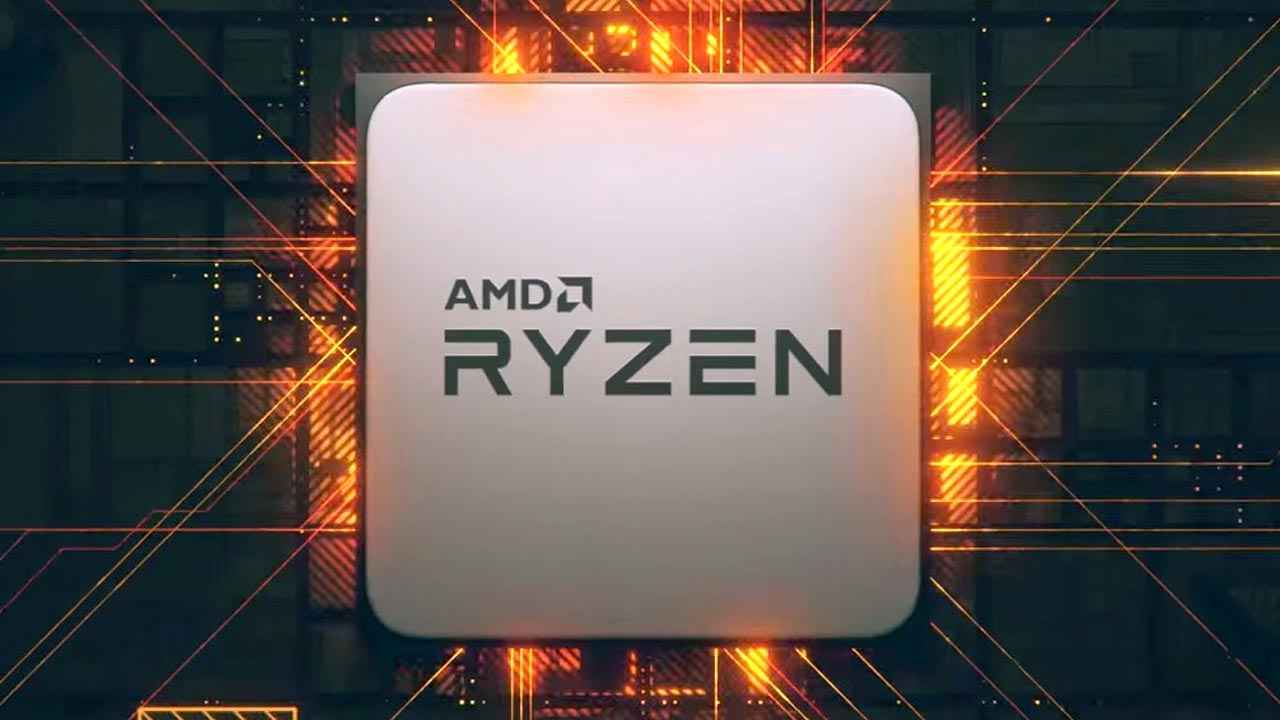AMD Zen3 architecture to support 400-series chipset on the AM4 socket

AMD confirms support for 400-series boards on Zen3 architecture.
Beta BIOSes update will remove support for older CPUs.
The BIOSes, once flashed, cannot be rolled back.
During the keynote at CES 2017, AMD announced that they were committing to supporting the AM4 socket till 2020. However, AMD announced the Zen3 architecture and revealed that unfortunately, the AM4 socket would not be supported by the new architecture. This would mean AMD having to go back on their word from 2017, causing a lot of the user base, especially those who just purchased B450 and X470 based motherboards. Well, AMD has some good news for you, well, sort of.
AMD has announced that they will continue to support the AM4 socket, particularly the B450 and X470 chipset based motherboards with a firmware update, however, there are going to be a significant number of caveats. For starters, not all AM4 boards are going to be a part of the upgrade plan. It is only the B450 and X470 chipset-based boards. AMD issued a statement where they outlined the plan for extending the support for these boards.
The B450 and X470 boards will get Beta BIOSes updates that AMD will develop together with its OEM partners. The first cautionary comes in the form of the fact that once flashed and updated to the new Zen 3 architecture, the BIOS will no longer support any older generation CPU. Further, once the new BIOSes is flashed, it cannot be rolled back, making the change permanent. “To reduce the potential for confusion, our intent is to offer BIOS download only to verified customers of 400 Series motherboards who have purchased a new desktop processor with “Zen 3” inside. This will help us ensure that customers have a bootable processor on-hand after the BIOS flash, minimizing the risk a user could get caught in a no-boot situation” says the press release issued by the company.
AMD does conclude the statement by saying that they still recommend users buy a 500 series board in order to be able to use all the features and performance offered by the AMD silicon. This probably means that if you’re using an older board with a Zen3 architecture-based CPU, you may not be able to utilize all the features that would be on offer.
It truly is remarkable that AMD has managed to extend the life of the AM4 socket for so long. Introduced originally in 2016, the AM4 socket was also backwards compatible with processors that used an older socket like the AM3+. The socket has remained in place through the Zen+, Zen2 and now Zen 3 architecture. Intel, on the other hand, implements a new socket every two generations, leaving users with only expensive upgrade paths. Even for the same socket, Intel is notorious for forcing upgrades. The LGA 1151 socket supported Sky Lake and Kaby Lake CPUs, but for Coffee Lake, Intel decided to rearrange some of the pin contacts, including the processor detection pin. This broke the compatibility of the LGA1151 socket with Sky Lake and Kaby Lake, and the socket was designated LGA 1151 Rev 2.0. While Intel has justified moves like these by saying that this is the only way to let users enjoy all the features of newer processors, it still makes for a very expensive upgrade. AMD, on the other hand, has at least given the users the option to continue using their existing hardware, even if it means not getting to enjoy some features.

Swapnil Mathur
Swapnil was Digit's resident camera nerd, (un)official product photographer and the Reviews Editor. Swapnil has moved-on to newer challenges. For any communication related to his stories, please mail us using the email id given here. View Full Profile




